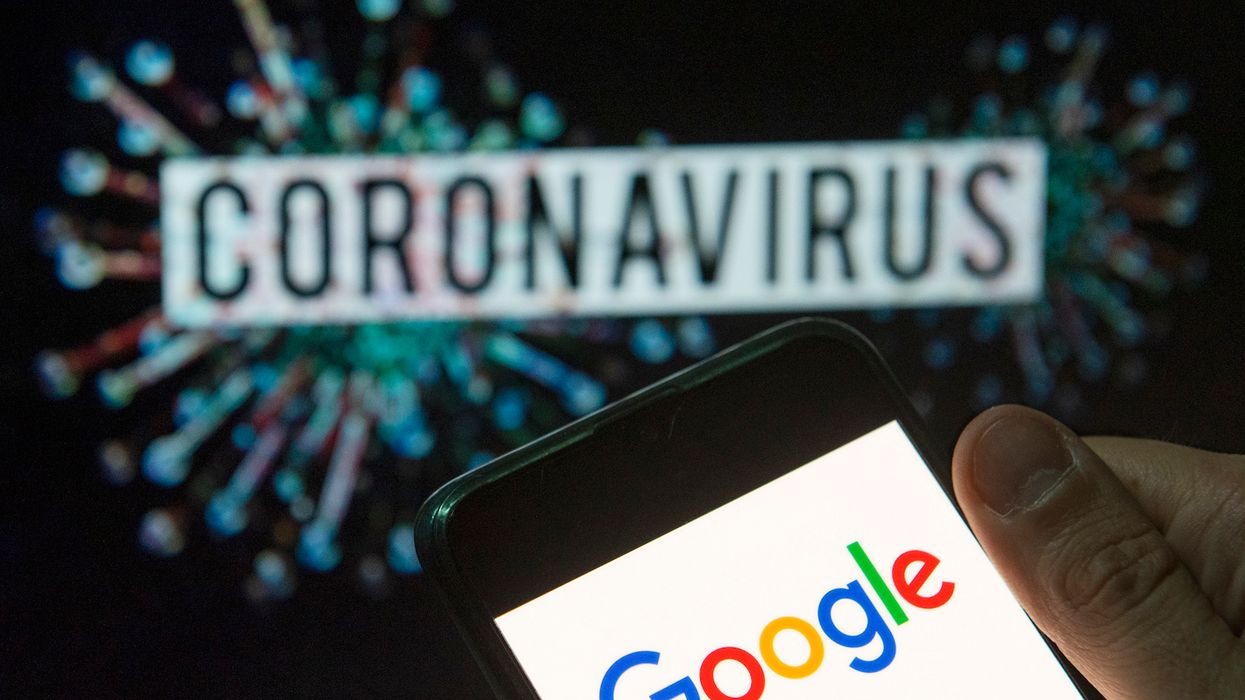
Photo Illustration by Budrul Chukrut/SOPA Images/LightRocket via Getty Images

Privacy concerns
Two of the largest tech companies in the world are collaborating on technology that will allow billions of cellphones around the world to be used in tracing whether people have come into contact with someone who has tested positive for COVID-19, Bloomberg reported.
Google and Apple plan to create apps to be rolled out sometime in May that will allow users to submit if they've tested positive for the disease caused by the novel coronavirus from China, so that other users in the database can be notified if they've been in contact with the infected person.
After further development, the companies want to make that functionality inherent in the operating systems of devices without an app, so that more people can access it. According to Bloomberg, Google and Apple have about 3 billion people using their operating systems.
The details on this functionality from Google and Apple are scarce at the moment, but MIT News described how this system might work using devices' bluetooth technology. All phones would emit distinct bluetooth "chirps" that other devices would remember hearing if they had been in close proximity. When a user discloses a positive COVID-19 test, phones that had been close to the infected users' phone within a designated contact period will be notified:
"I keep track of what I've broadcasted, and you keep track of what you've heard, and this will allow us to tell if someone was in close proximity to an infected person," says Ron Rivest, MIT Institute Professor and principal investigator of the project. "But for these broadcasts, we're using cryptographic techniques to generate random, rotating numbers that are not just anonymous, but pseudonymous, constantly changing their 'ID,' and that can't be traced back to an individual."
Users would have to opt-in to this system. There are obvious privacy concerns with allowing a device that already tracks detailed location information to also share health information with others, but Apple and Google insisted that privacy would be maintained, saying that location data is not kept and the companies can't see identifying data about who comes into contact with who. The system also wouldn't identify the infected person in the notification it sends out, or track where the contact occurred.
In February, China implemented a technology-based contact-tracing system using scannable QR codes, which raised an even more concerning set of privacy issues than those that exist in the U.S. currently due to reports of aggressively enforced quarantines.